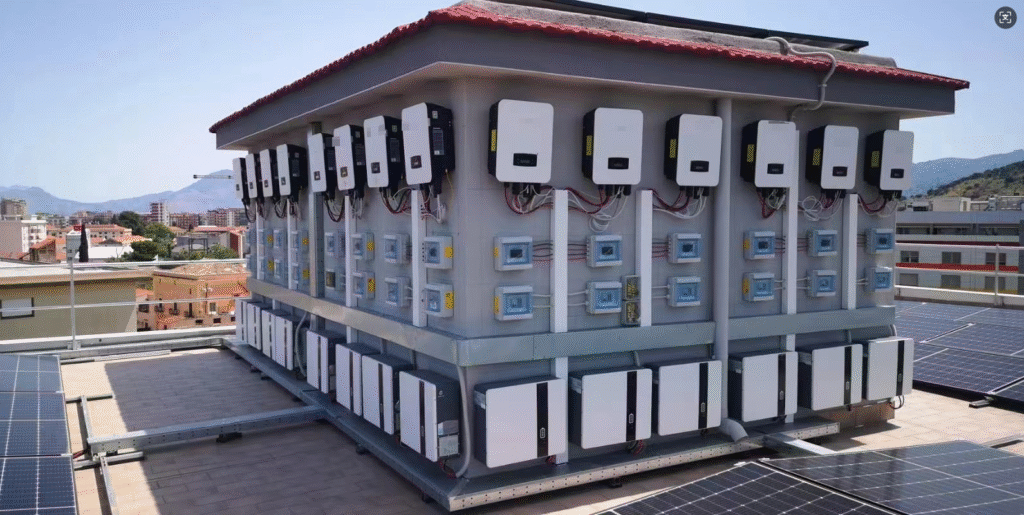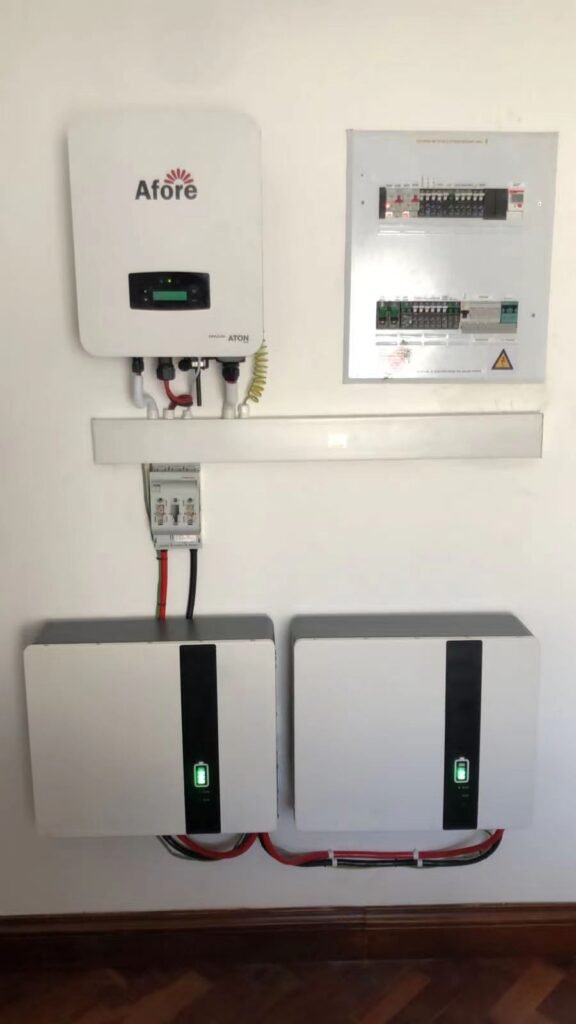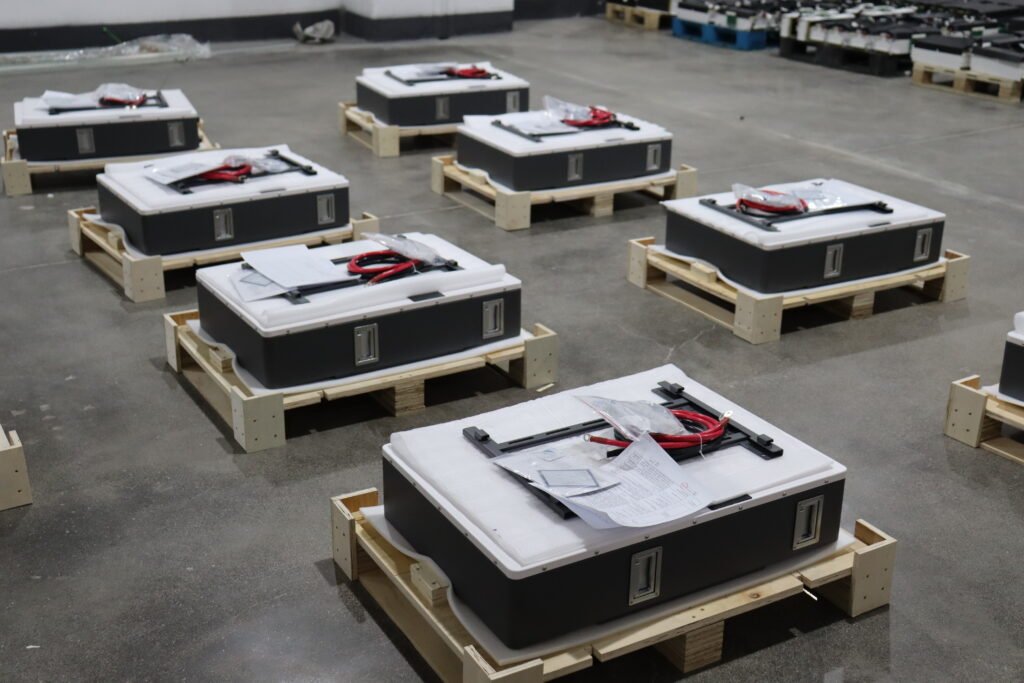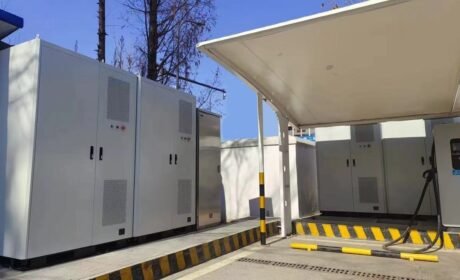
Iraq is witnessing a growing shift toward solar energy to address its frequent electricity outages, alongside ambitious plans to expand its solar capacity. The Iraqi government is outlining The Future of Solar Battery Storage in Iraq, and according to the International Renewable Energy Agency, Iraq’s total solar capacity reached around 42 megawatts by the end of 2024. The country aims to increase this to 12 gigawatts by 2030. In this context, solar energy storage via batteries becomes a key component in ensuring stable electricity for both solar power stations and homes. Moreover, the global drop in battery prices is paving the way for broader adoption of these solutions in the Iraqi market.

The Future of Solar Battery Storage in Iraq
Global Battery Price Decline and Its Impact on the Iraqi Market
As global prices for solar batteries have declined significantly, solar systems with storage have become more economically appealing. According to reports from the International Energy Agency. The average price of lithium-ion battery packs dropped by 20% in 2024 compared to the previous year. This drop is attributed to the abundance of raw materials and intense market competition. These global cost reductions may translate into lower prices for imported solar storage systems in Iraq, making it easier for homeowners to invest in solar batteries.

Global prices of solar energy batteries have dropped
significantly, making solar systems with storage more economically attractive. Reports from the International Energy Agency show that the average price of lithium-ion battery packs fell by 20% in 2024 compared to the previous year. This decline is due to an abundance of raw materials and intense market competition.
This global reduction in battery costs is likely to reflect on the Iraqi market by lowering the price of imported solar storage systems, making it easier for homeowners to invest in batteries. Lower battery costs also mean shorter investment payback periods for residential solar storage systems.
This price drop encourages the import of modern battery systems and supports the growth of solar energy projects across Iraq.
Expected Government and Legislative Support for Renewables
The Iraqi government is actively working to foster a supportive environment for renewable energy through legislative and financial measures. A parliamentary committee has begun discussions on a Renewable Energy Law, which aims to provide a regulatory framework and new incentives for such projects. Additionally, the government has set ambitious targets backed by financial action plans:
12 GW of solar energy by 2030,
Plans to add 50 GW of new generation capacity (solar and gas) over the next three years,
The Central Bank of Iraq launched a $680 million fund to support clean energy projects.
These steps increase investor confidence and create strong growth opportunities for the solar battery storage market in Iraq.
Integration of Storage with Microgrid Systems
There’s a growing interest in microgrid systems, which combine solar power, batteries, and backup sources to boost reliability. For instance, Basra’s first hybrid system was recently completed. It includes 2.5 MW of solar panels, a 2.5 MWh battery bank, and diesel backup generators. This system is managed through a smart control unit that monitors components and regulates energy flow, ensuring a stable electricity supply even during grid outages. Solutions like this enable both residential and industrial users to rely continuously on solar energy.

Rise of Lithium Battery Use in the Local Market
Iraq’s energy market is rapidly embracing lithium-ion battery technology, which has become the go-to solution for solar energy storage due to its efficiency and decreasing cost. Lithium iron phosphate (LiFePO4) batteries are widely used for their durability and energy density. For example, a 384V lithium battery system was installed at the University of Sulaymaniyah to provide emergency backup power. International battery companies are also entering the local market, indicating a strong momentum for lithium-based storage in Iraq.

Final Thoughts:
Iraq is taking serious steps toward expanding solar power with efficient battery storage systems. The global decline in battery prices, coupled with foreign investment and government support, lays the foundation for a more stable and sustainable energy future in the country. For Iraqi families, this means greater independence from the unreliable national grid.
So, what do you think about The Future of Solar Battery Storage in Iraq?
Don’t forget to visit the “UR” platform to explore available government financing.
Connect with AQWA POWER today and step into a new era of off-grid living in Iraq!
Read Also:



